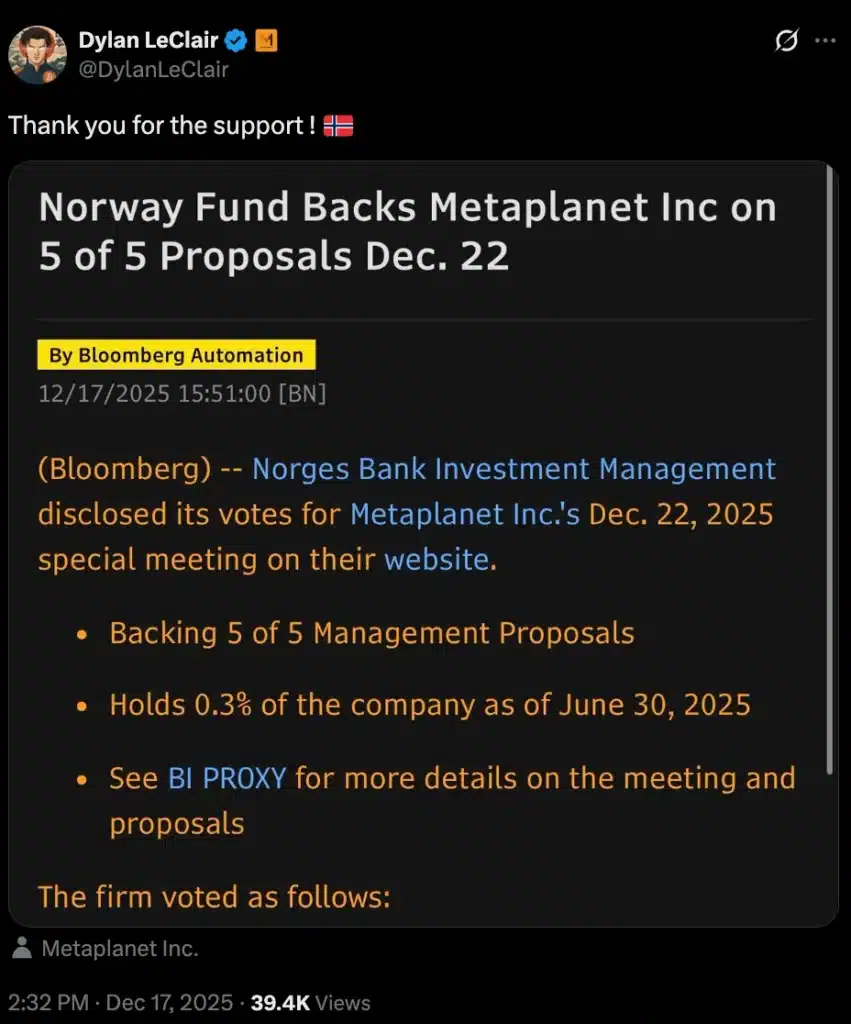Aster News Today: Crypto Market Warms Up After CZ's Pardon, ASTER Surges by 20%
- Aster (ASTER) surged 20% to $1.13 as U.S. pardon of Binance's CZ eased crypto regulatory tensions. - Binance's BNB rose 4%, reflecting broader optimism in CZ-backed projects post-pardon. - Aster announced 70-80% Season 3 trading fees allocated to ASTER buybacks, boosting investor confidence. - The rally contrasts prior $770M liquidations, signaling crypto market normalization amid regulatory clarity.
The value of

This rally was sparked by President Donald Trump’s decision to grant clemency to CZ, a development that experts believe marks a reduction in regulatory pressures for the crypto sector. “The pardon has reignited optimism throughout the Binance ecosystem,” commented one analyst, who also noted that ASTER’s price surge demonstrates a “move toward quality” among projects associated with CZ. The platform, which is a competitor to decentralized exchanges such as Hyperliquid, has consistently gained from
Aster’s upward trajectory was further supported by a recent announcement from the platform. The exchange disclosed that it intends to use 70-80% of its Season 3 trading fees for repurchasing ASTER tokens, aiming to maintain price stability and incentivize holders. The precise percentage will vary with market dynamics, but the buyback initiative has already generated optimism, as more than 10 million ASTER tokens have been withdrawn from exchanges by investors expecting future gains.
The token’s recent gains stand in contrast to its previous instability. Only a few weeks ago, ASTER was among several altcoins, including
Elsewhere, the wider cryptocurrency market continues to be in a state of
Disclaimer: The content of this article solely reflects the author's opinion and does not represent the platform in any capacity. This article is not intended to serve as a reference for making investment decisions.
You may also like
Norway’s $2T fund just backed Metaplanet – What’s happening?

Bitcoin Excluded: TXBC ETF Among 2026 Crypto Index ETFs to Watch, Tracking FTSE Crypto 10 ex-BTC
Bloomberg ETF Analyst Backs Bitwise’s 100+ Crypto ETFs by 2026, Warns Many Could Liquidate by 2027
Stunning Prediction: Bitcoin Volatility to Plummet Below Nvidia’s in 2025